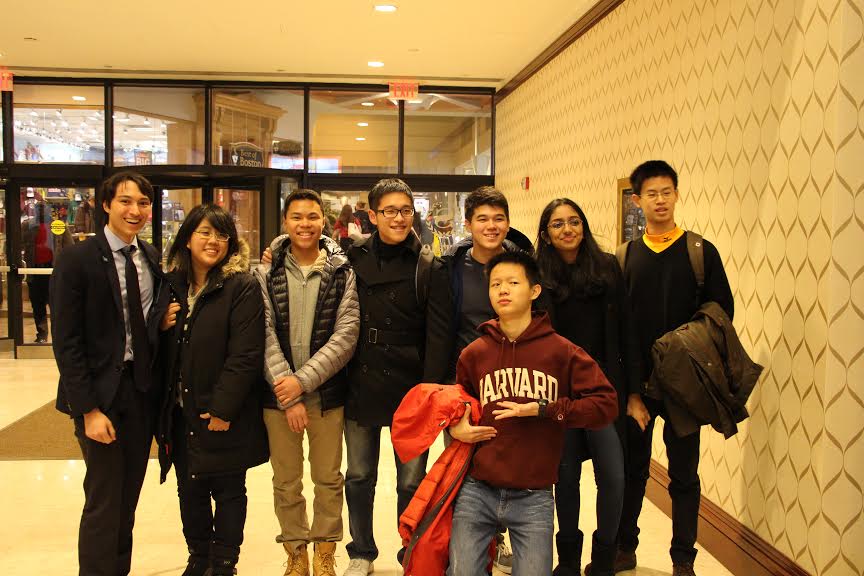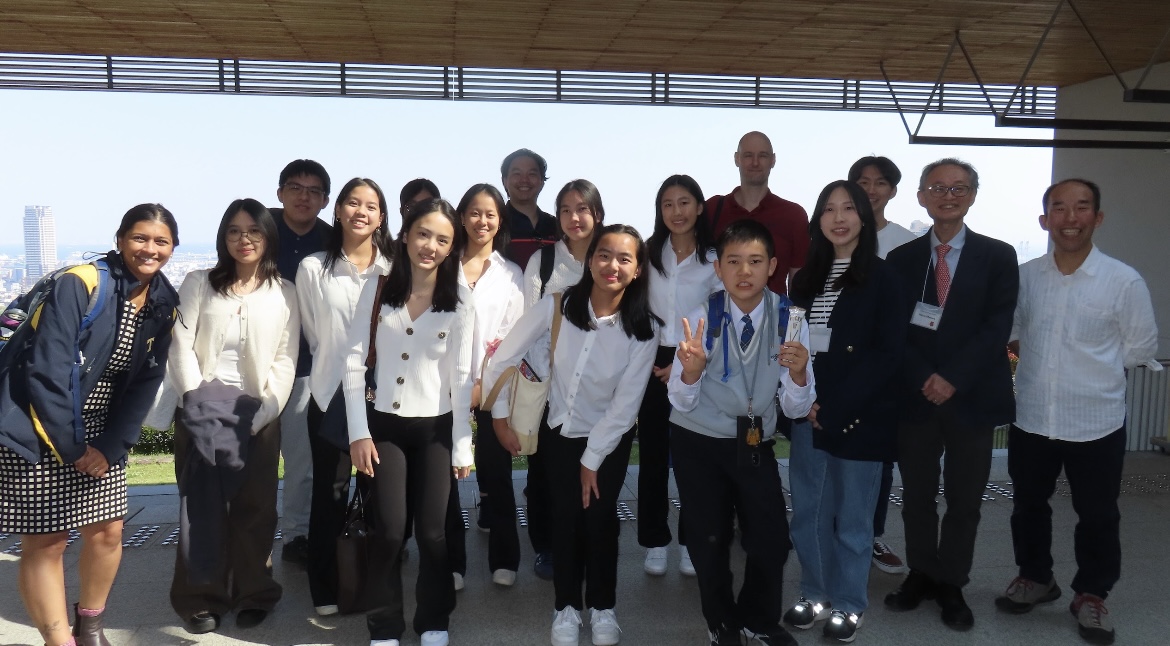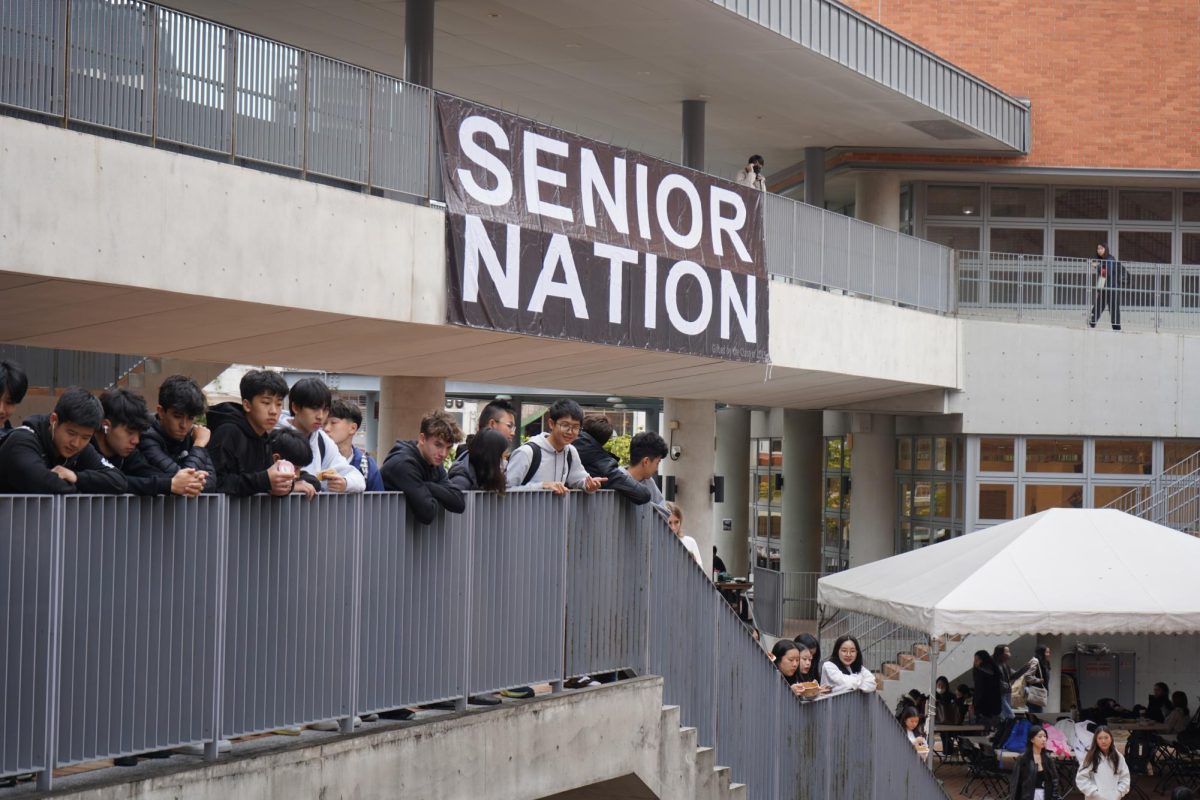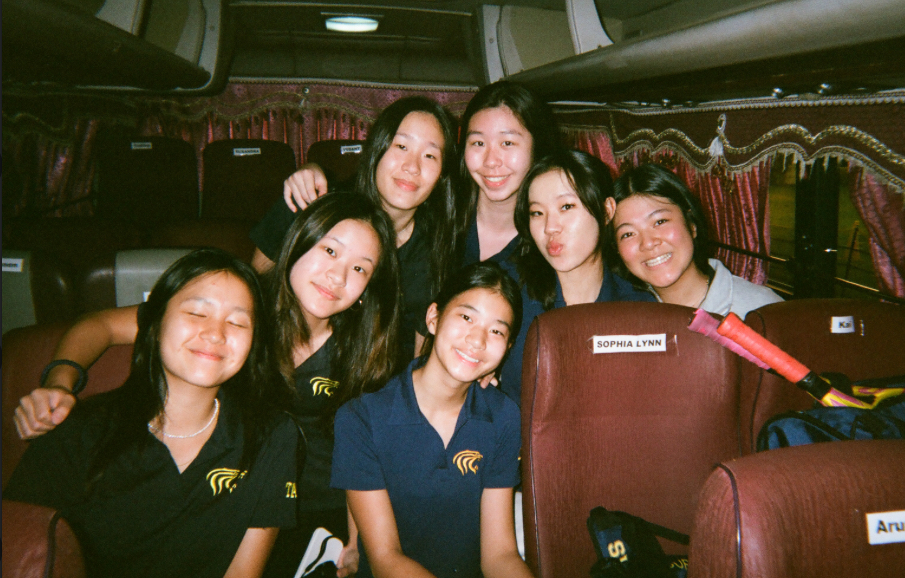“Chinese students thrown out of Harvard MUN!” screamed headlines around the world. The much disputed issue of Chinese Taiwanese relations was catapulted onto center stage, along with the TAS delegates who attended this conference.
Here is the story as told by the international media. During the first 2015 Harvard MUN meeting, which was held at the Sheraton Hotel in Boston, the members of the Chinese delegation noticed that Taiwan was included in the conference handbook under the list of “international participants by country.
Because China still considers Taiwan part of their territory, the Chinese delegates were deeply offended by this and immediately requested all the handbooks to be reprinted to read “country or region.”
When the Secretariat refused, the situation became very heated. The organizers ultimately asked the security personnel at the hotel to remove some members of the Chinese delegation, claiming their “presence makes [them] uncomfortable.”
But there is little evidence to support this account. An organizer of the conference, who remained anonymous, said that “no students were removed. And we did not have any argument about Taiwan with any of the Chinese students.”
Dr. Soublet, who chaperoned the TAS Harvard MUN team, explained that those who were removed were “faculty members from mainland China schools. They were excluded from the conference because they were violating policies regarding badges.” Because the faculty members were using badges that were not issued to them, Harvard MUN barred their entrance for security reasons.
Contrary to the accounts given by the blogosphere, the Chinese delegates did not start an international row. The only time Dr. Soublet heard from the Chinese delegates about the handbook was in the first faculty advisor head delegate meeting. “Somebody stood up, and I don’t know what school they were from because they were on the other side of a huge ballroom. All I could hear them barely mention was something about page 34 and that Taiwan [was] listed as a country. That was it.”
For economic and environmental reasons, Harvard refused to reprint the 64-page conference handbooks. Harvard instead offered the Chinese delegates corrective stickers to affix to their handbooks. Emily C. (12), who attended the Head Delegate session, firmly supports Harvard’s response to the Chinese delegates. “They made sure that none of their actions would come out as a political statement for or against the Chinese delegation,” she said.
Claude S. (12), who also attended the Harvard MUN, agrees with Emily. “From my past experience organizing conferences, logistics and administration is a huge and monstrous task to tackle, and any sane person would understand that it would be impossible to fulfill the request/demand that the organizers reprint all 4,000+ copies of the “corrected” version of the delegate guide,” he said.
Regardless, Claude believes that the behavior of the Chinese delegates was not in the spirit of the United Nations that “promotes and advocates tolerance, diplomacy, and cooperation among different parties.” He believes that their intolerance of the TAS team, refusing them the label “Taiwanese” undermines these basic UN principles. “They have defeated the purpose of these conferences, so what’s the point of attending them anymore?” he said.
Harvard MUN Is a Storm In a Teacup
March 18, 2015
0




![[PHOTO COURTESY OF PIXABAY]](https://blueandgoldonline.org/wp-content/uploads/2025/03/white-18227_1280-1200x803.jpg)

![[PHOTO COURTESY OF PIXABAY]](https://blueandgoldonline.org/wp-content/uploads/2025/03/fire-6706674_1280-1200x800.jpg)
